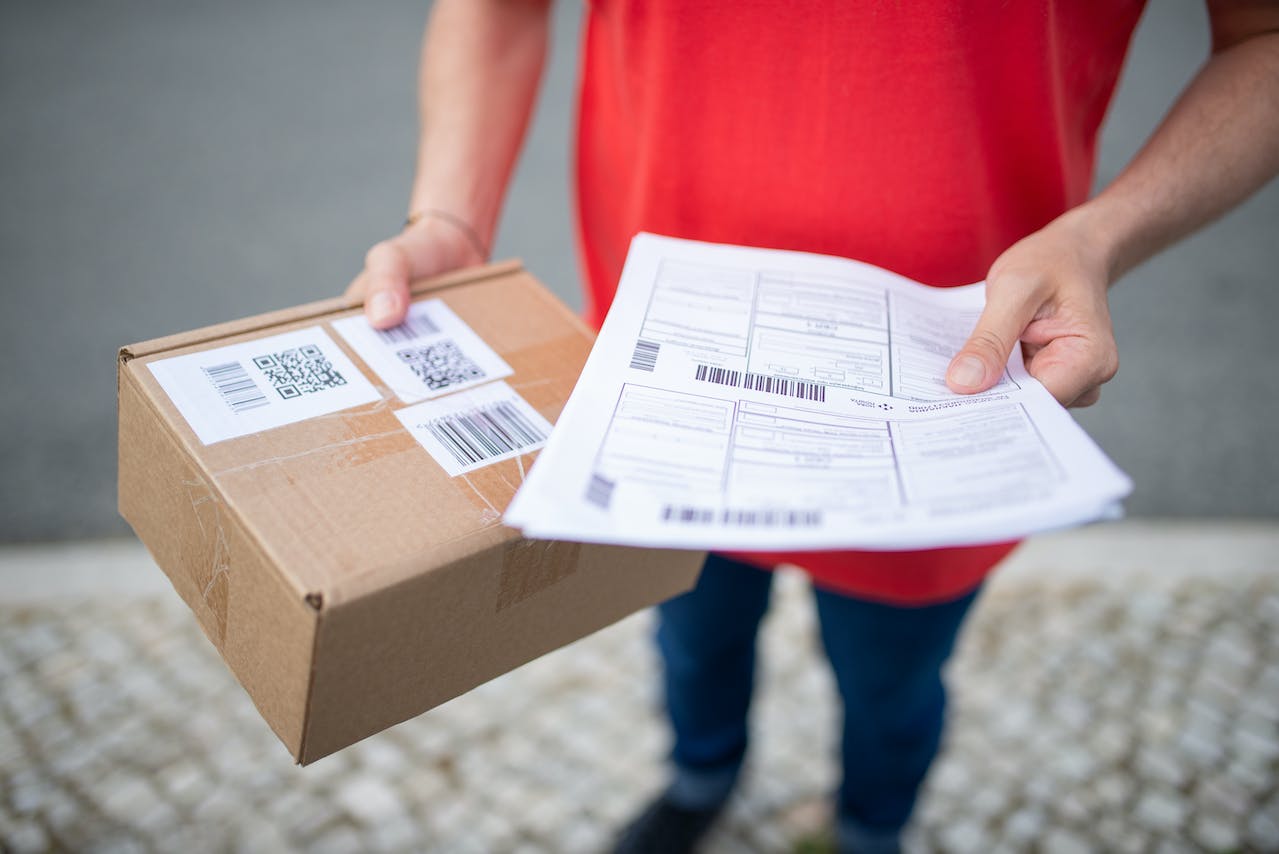Self-Employed Courier Industry Welcomes Tax Cuts
In a major boost for the self-employed, UK courier drivers now have the opportunity to pocket an additional £350 per year, thanks to the latest tax cuts unveiled in the Autumn Statement.
This exciting news comes at a time when the logistics industry is grappling with a severe shortage of drivers, making this development even more significant.
The Autumn Statement, delivered by Chancellor Jeremy Hunt, puts the spotlight on supporting small businesses and stimulating the local economy. With 4 million self-employed individuals in the country, this targeted tax cut serves as a welcome relief for those working in the courier sector.
Experts in self-employed taxation and the courier industry alike are thrilled with this latest development.
The tax cuts not only provide financial relief for hardworking individuals, but they also serve as an incentive for those who may be considering a career in the courier industry.
The ongoing driver shortage crisis has been a cause for concern in the logistics sector, with businesses struggling to meet the demands of an increasingly fast-paced world.
The tax cuts are a much-needed solution that will not only benefit the drivers themselves but also contribute to the overall growth and efficiency of the industry.
“The measures outlined in the Autumn Statement provide much-needed financial relief; however, we are still needing more incentives for individuals to join the self-employment sector. This will help address the driver shortage issue but also fuel the growth of the industry as a whole,” said industry leader and Pegasus Couriers director Phillip West.
Self-employment offers attractive benefits, particularly for those who value flexible work and independence. However, there is often confusion about what self-employment actually means for individuals in our industry. “Our recruitment team has noticed that many are drawn to self-employment, especially for seasonal work, as a means to navigate between industries. While some have returned to their pre-pandemic jobs and others prefer the courier industry, we still face significant shortages,” West added.
The Autumn Statement highlighted that a self-employed person earning around £28,000 per year could save an average of about £350, equivalent to around £30 per month.
UK Tax specialist firm With Wise spokesperson Darryl Oung welcomed the news but emphasised that more needed to be done to benefit the self-employed, especially in the long term.
Wise specialises in the self-employment sector, particularly within logistics and the courier industry. Their platform is used by over 250 logistics firms and more than 14,000 self-employed drivers.
“The Class 2 cut and Class 4 reduction in national insurance will undoubtedly put more money in the pockets of the self-employed. However, we must continue to push for additional measures to address the driver demand issues and attract more individuals, including drivers, to explore the world of self-employment,” Oung added.
The Association of Independent Professionals and the Self-Employed (IPSE) welcomed the tax cuts but cautioned that more action is required. Similarly, the Federation of Small Businesses (FSB) Policy Chair, Tina McKenzie, expressed satisfaction with the changes as they align with their long-standing campaign efforts.

